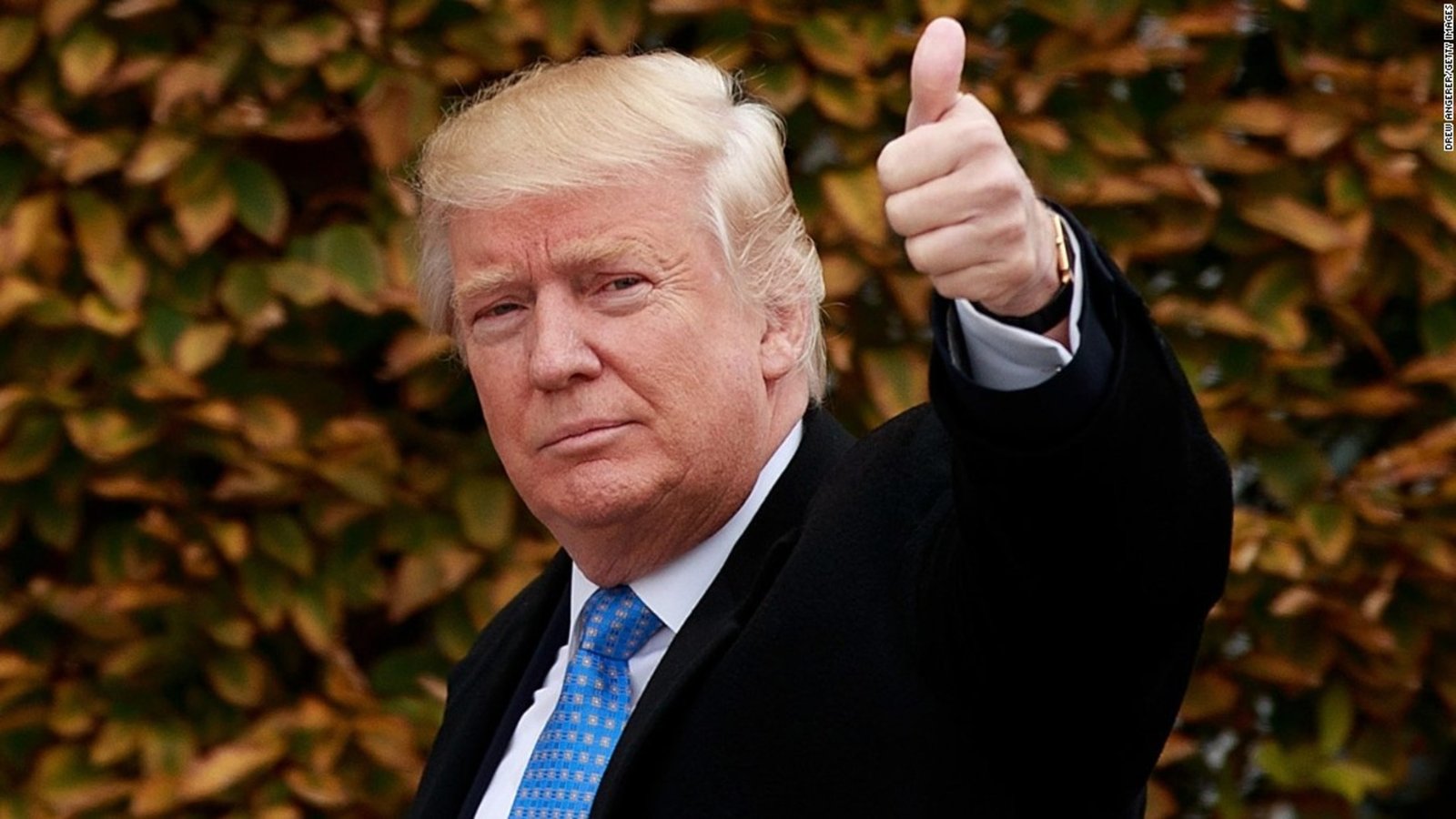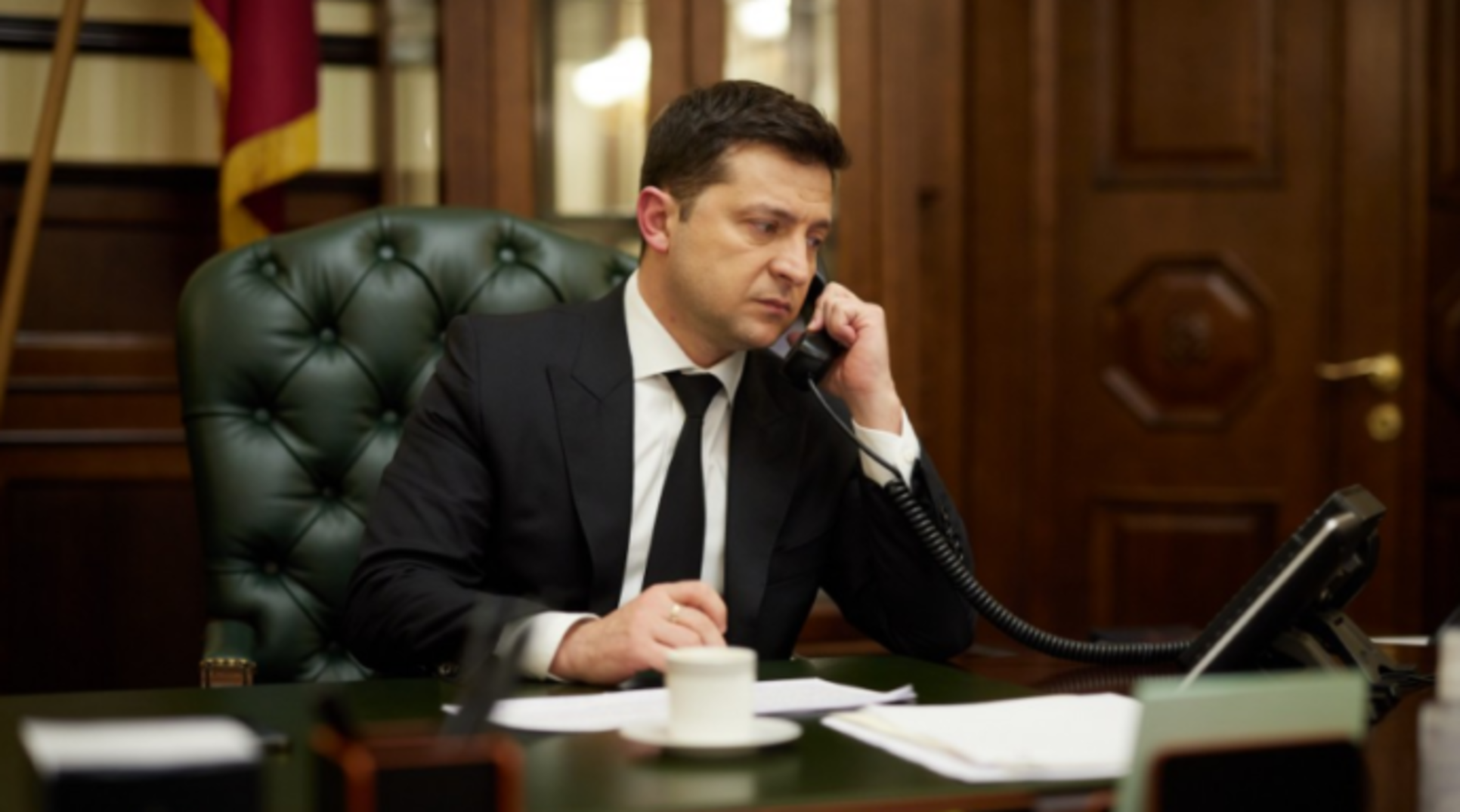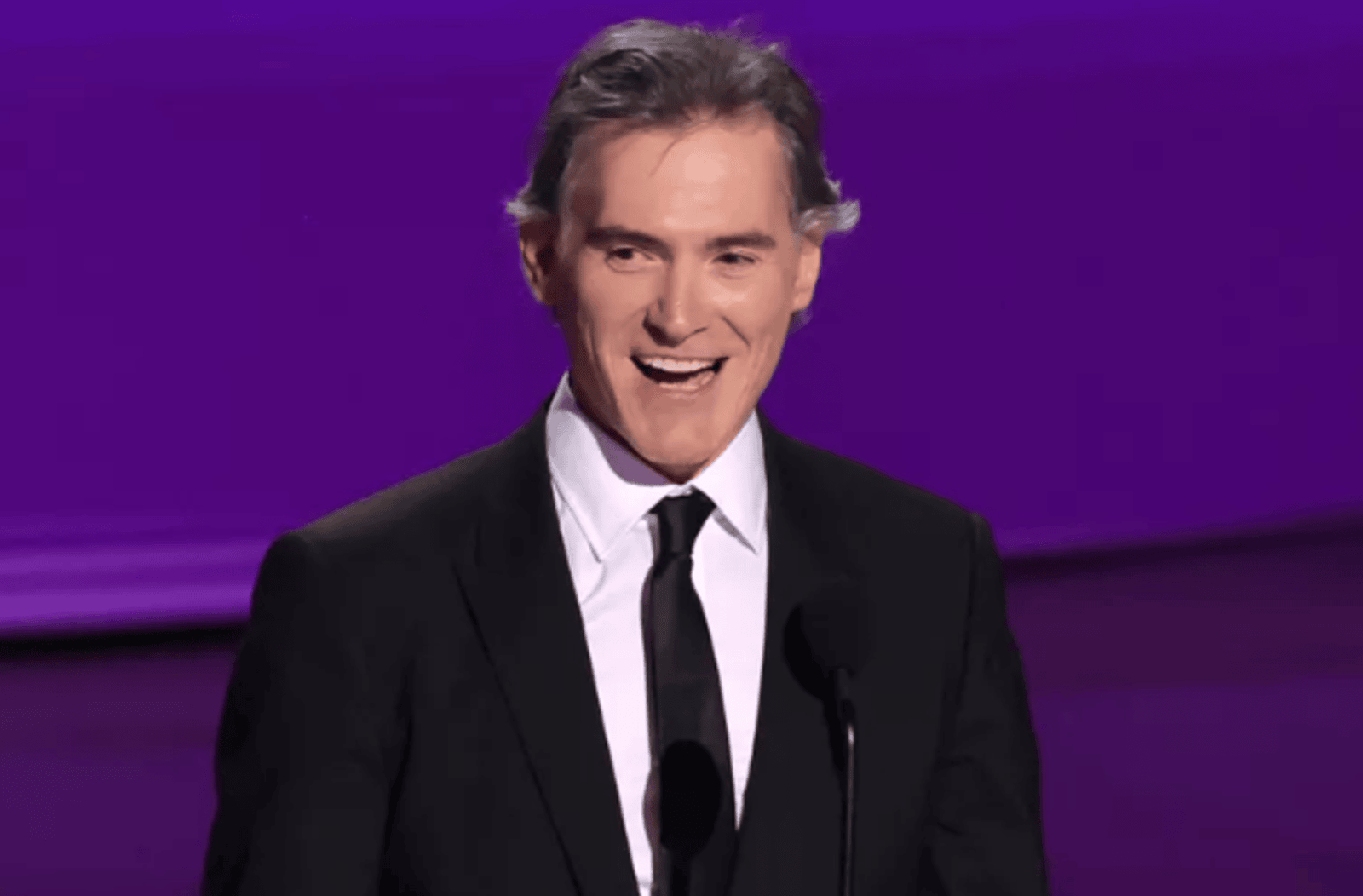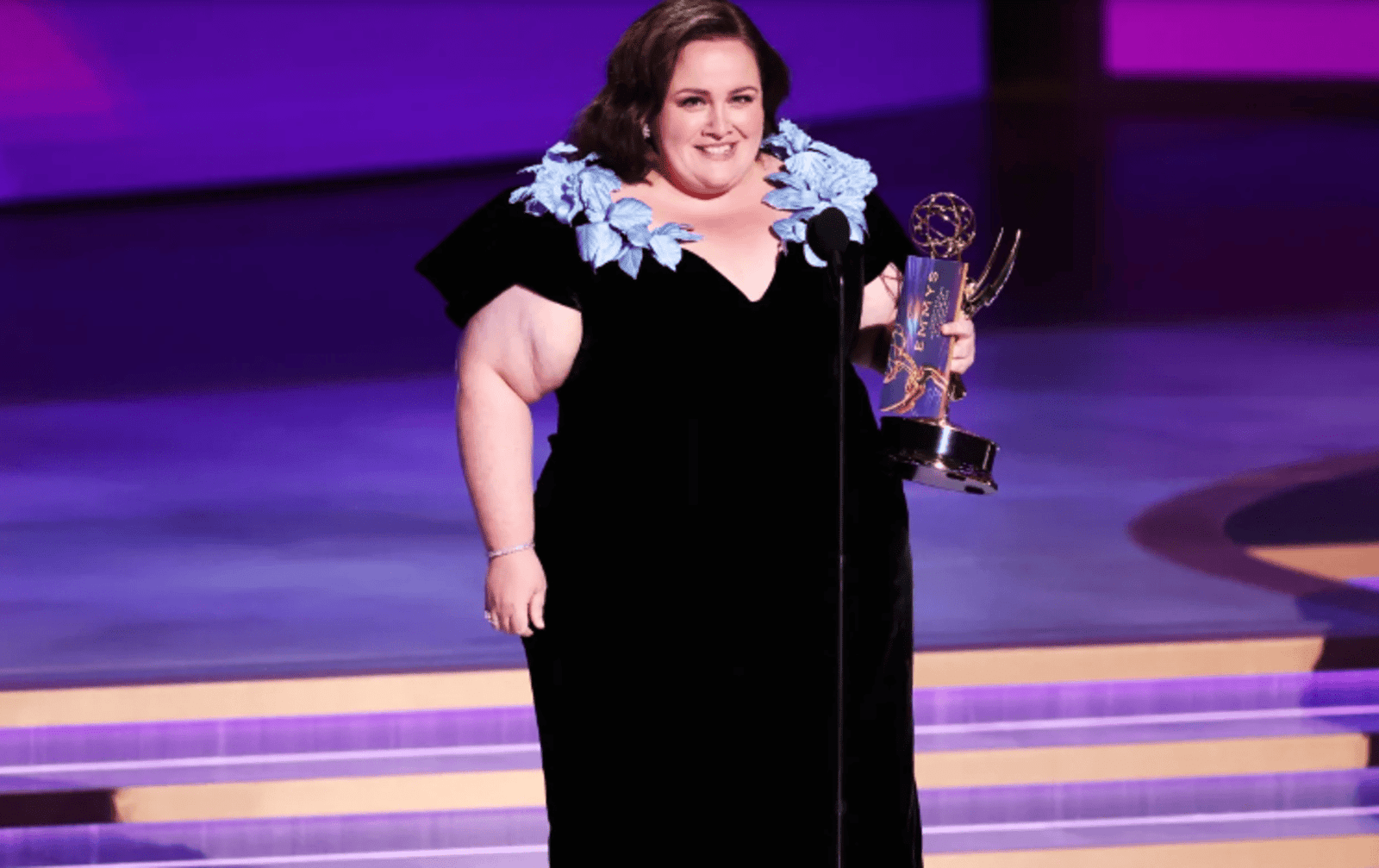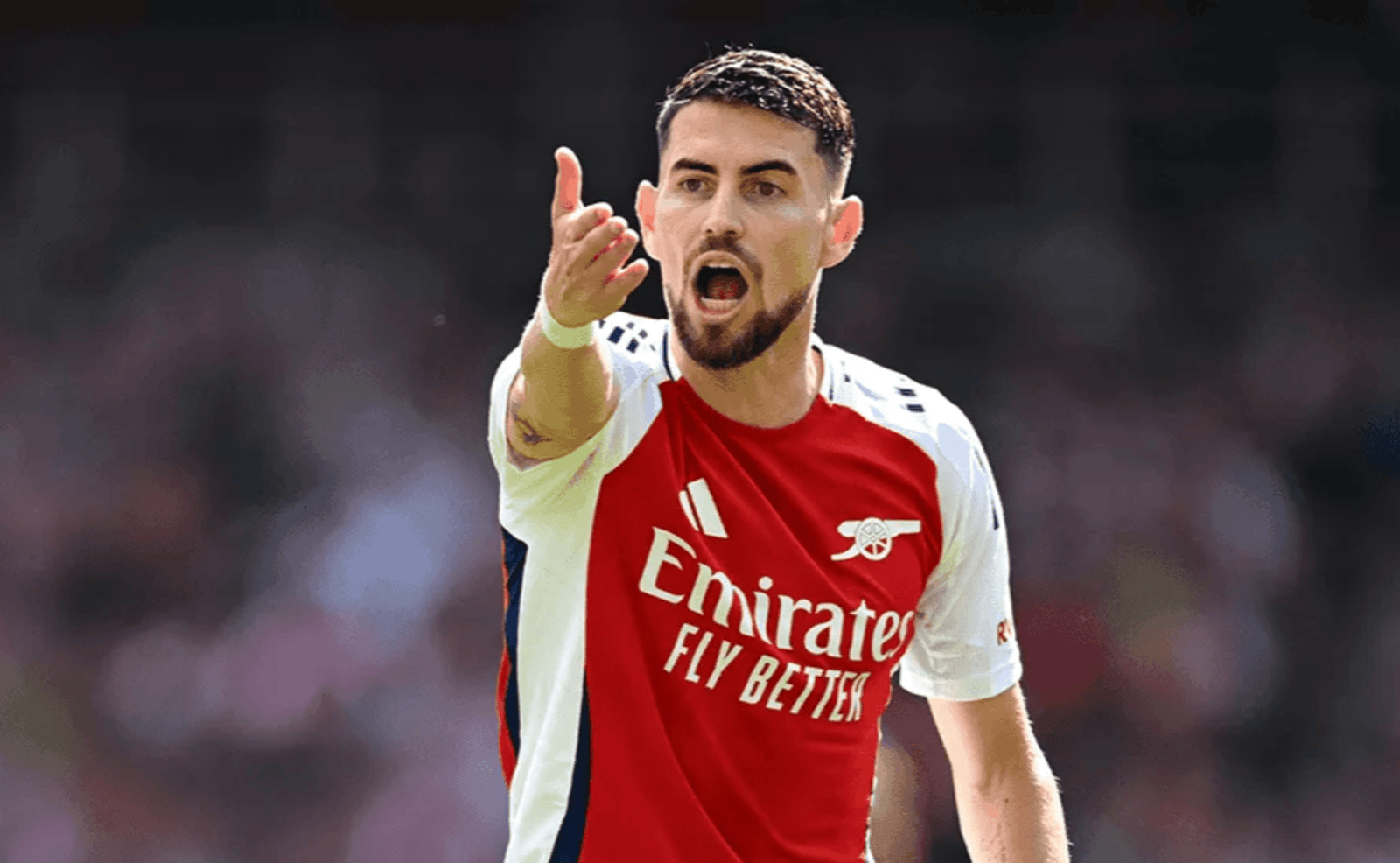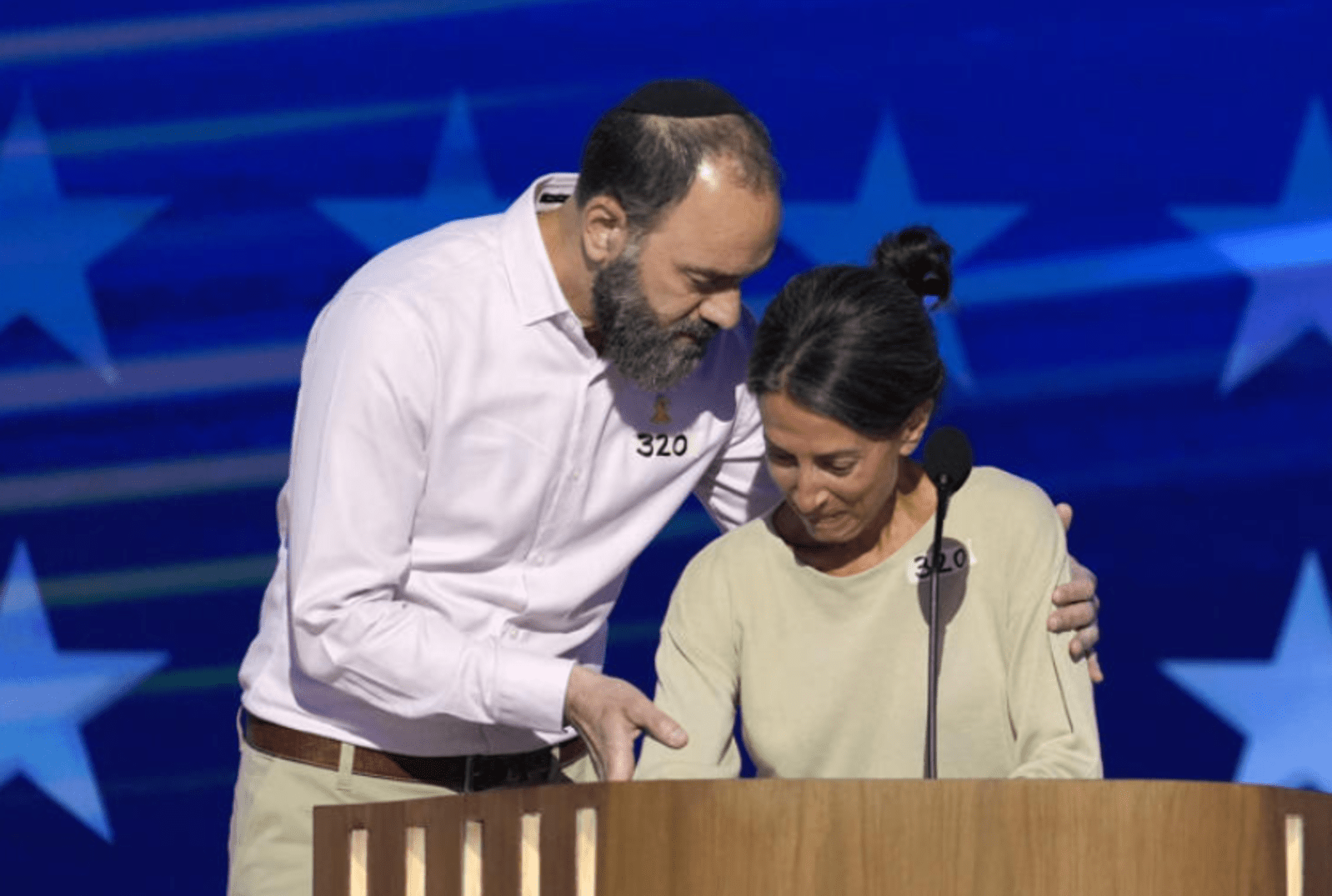
5 Impacts of the Goldberg-Polins DNC Plea.Heartfelt Plea at the Democratic Convention
A Personal Appeal
The parents of Hersh Goldberg-Polin, a 23-year-old American held hostage by Hamas, made a heartfelt plea. The tragic abduction of their son followed the devastating attack on Israel on October 7. He was at a music festival when militants kidnapped him.5 Impacts of the Goldberg-Polins DNC Plea
A Humanitarian Focus
In their 10-minute speech, the Polins emphasized that this issue transcends politics. The thousands of Democratic delegates in Chicago responded with an extended ovation and chants of “Bring him home.”
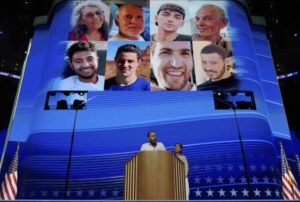
Avoiding Politics
The Polins deliberately avoided political discussion during their address. Their focus remained solely on their personal experience and the broader humanitarian crisis. Their goal was to draw attention to the plight of the hostages rather than engage in political debate.
Bipartisan Support
Jon Polin noted that the families of the American hostages meet regularly in Washington. They find some comfort in the bipartisan support for their cause. The efforts of President Joe Biden and Vice President Kamala Harris were highlighted. Polin praised both leaders for their tireless work towards a cease-fire and the release of hostages. Their efforts have been crucial in negotiating with Israel and Hamas.
Emotional Impact
The emotional impact of the Polins’ speech was palpable. Their plea for their son and the other hostages was powerful and moving. The delegates’ reaction showed the deep empathy and concern of the convention attendees.
The emotional impact of the hostage crisis and the Polins’ heartfelt appeal at the Democratic National Convention extends far beyond the immediate audience. It reverberates through the lives of those directly affected and the broader public, illustrating the profound human cost of ongoing conflicts.
Jon and Rachel Goldberg-Polin’s public plea for their son, Hersh Goldberg-Polin, who was kidnapped by Hamas, reveals the personal anguish and desperation of families caught in such crises. Their vulnerability in sharing their story invites empathy and highlights the personal stakes involved. The emotional weight of their experience underscores the urgent need for resolution and support.
The impact on the Democratic convention attendees was significant. The extended ovation and chants of “bring him home” reflect a collective emotional response to the Polins’ plea. Such reactions illustrate how powerful personal stories can be in galvanizing public sentiment and creating a sense of shared urgency. The delegates’ response was not just an acknowledgment of the Polins’ pain but also a demonstration of solidarity and compassion.
The broader public also feels the emotional ripple of such stories. Media coverage and public speeches bring these personal tragedies into the spotlight, making them part of the larger narrative of the conflict. This exposure helps humanize abstract political issues, turning them into relatable and urgent matters for everyday people.
Moreover, the emotional impact extends to the policymakers and negotiators involved in the crisis. The weight of personal stories like the Polins’ adds pressure on leaders to act decisively and empathetically. It reminds them of the real human lives at stake, influencing their approach to diplomacy and crisis management.
Ongoing Efforts
The situation remains tense and complex. The Polins’ speech brought additional visibility to the hostages’ plight. It is hoped that such personal appeals will continue to drive action towards resolving the crisis. Efforts are ongoing to secure the safe return of all hostages.
The ongoing efforts to address the hostage crisis in Gaza involve a complex web of diplomatic, humanitarian, and political activities. The situation is dynamic and requires persistent action from multiple stakeholders. In recent weeks, significant strides have been made, though challenges remain.
Diplomatic channels have been highly active, with negotiations aimed at securing a cease-fire between Israel and Hamas. High-level discussions are taking place, involving not only the governments directly involved but also international mediators and organizations. President Joe Biden and Vice President Kamala Harris have been at the forefront of these efforts. Their commitment to facilitating a resolution is evident in their continuous engagement with both Israeli and Palestinian representatives.
Humanitarian organizations are also playing a crucial role. These groups are working to ensure the safety and well-being of hostages and civilians affected by the conflict. They are providing essential aid and support to those in need, navigating the difficult terrain of a conflict zone to deliver assistance. Their efforts are vital in alleviating the immediate suffering of affected individuals and communities.
On the political front, bipartisan support in the U.S. Congress and beyond has been instrumental. Lawmakers from both parties are advocating for policies that will help secure the release of hostages and support peace efforts. This unified stance demonstrates the importance of the issue across political lines, highlighting the shared commitment to resolving the crisis.
Public awareness campaigns are also contributing to the ongoing efforts. By raising the profile of the hostage situation, these campaigns aim to garner additional support and pressure for a resolution. The emotional appeals, such as those made by the Polins at the Democratic National Convention, help to humanize the crisis and mobilize public sentiment.
In summary, the ongoing efforts to address the hostage crisis are multi-faceted and involve diplomatic, humanitarian, political, and public engagement. The combined efforts of leaders, organizations, and advocates continue to drive progress toward a resolution.
Conclusion
The heartfelt appeal by Jon and Rachel Goldberg-Polin at the Democratic National Convention highlighted the urgent need for humanitarian action. Their focus on their son and other hostages aimed to unite people around a common cause. As the situation evolves, the continued support of leaders and the public will be crucial in securing their release.

